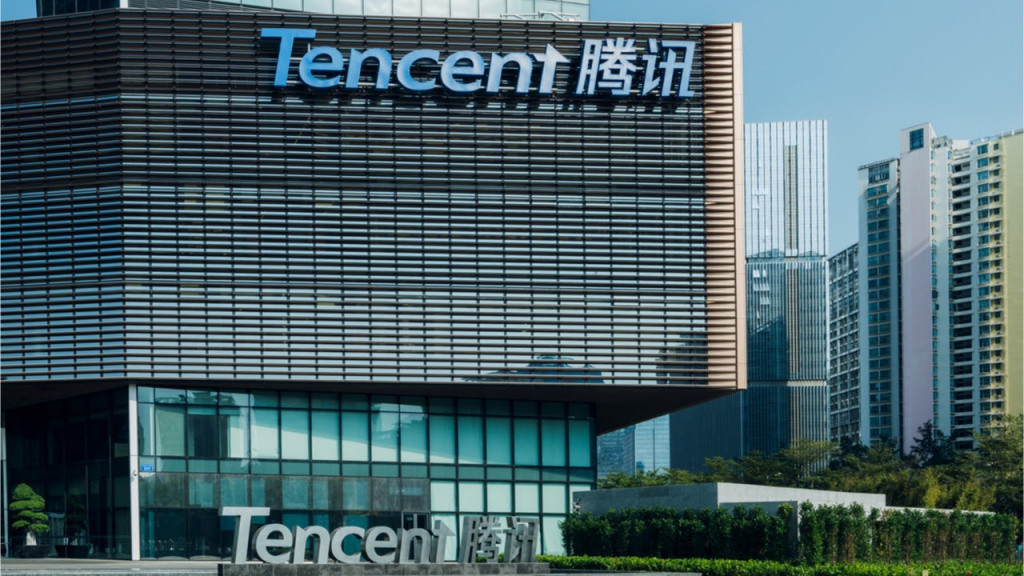
Shenzhen-based conglomerate Tencent, which runs the world’s largest video games business by revenue has sued DD373.com for $6.2 million (40.17 million yuan) and a 30-day apology statement as reported by SCMP. According to Tencent, DD373.com has damaged its revenue stream by enabling players of Dungeon Fighter Online to buy and sell game merchandise and game accounts on its site.
At the Guangzhou Internet Court, Tencent said, “The intellectual property rights of Dungeon Fighter Online belongs to Tencent, and the ownership of the gold coins, props and other items in the game should also belong to Tencent.”
Dungeon Fighter Online also known as DFO, is a multiplayer action role-playing game, developed and published by Neople. In China, the game is published by Tencent. It is one of the most played and highest-grossing video games of all time, exceeding a total of 700 million players worldwide and having grossed over $15 billion in lifetime revenue as of May 2020.
Why did Tencent sue DD373.com?
Tencent found it hard to digest that some other organisation is making out of its in-game properties. Also, the profit generated from buying and selling DNF accounts on the said platform violates Tencent’s interests.

Tencent brought a battery of lawyers in the ring to argue about the violations of terms and conditions in the Guangzhou Internet Court. One of the comments that made headline was the claim from Tencent that they own all the in-game purchases. This was something that shook the community as gamers believed that they owned the account.
What does this mean for gamers?
The comment shocked the gaming community as now they know that it’s Tencent that owns all the accounts. This is applicable to all their subsidiaries as well like Grinding Gear Games, Lightspeed & Quantum, Miniclip, Riot Games, Supercell, TiMi Studios, etc. This is very disheartening because it includes all the major games like League of Legends, Clash of Clans, etc.
In response to this lawsuit, a comment that came to attention on Zhihu, China’s equivalent to Quora “You broke your bank on this game, but now we learn that we don’t own anything, not even our own accounts. This is simply unfair!”
However, Washington-based economist Sun said in favour of Tencent mentioning the dark side of in-game item trades. They stated this bad practice is incentivising some people to become full-time gaming professionals which should never happen in this way.
Gamers are completely dissatisfied with this treatment from Tencent since many regular players hire full-time gaming experts to earn in-game rewards for them. And if this is Tencent’s policy in China, then pretty much they’ll claim the same for the rest of the properties. And that technically means, if a player buys something on League of Legends, that too is owned by Tencent since Riot Games is now owned by Tencent.

In the last couple of years, we have witnessed a lot of lawsuits like GREE suing Supercell for patent violation in Clash Royale and Brawl Stars and Tencent being sued over inappropriate content in Honor of Kings game in China.
Though it has been always debated the desire of game developers to hold the ownership of the character accounts and data in the game. For players across the globe, it’s their time and energy that is more than hard-earned currency. The internet giant argues that it is the sole owner of virtual goods acquired by players in its video games. So players can neither buy nor sell their accounts on any platforms.
The discussions in community forums revolve around the fact that developers and publishers should respect their demands and provide ownership to them.
If we compare the act of Tencent with that of Netease, the latter has been supportive of players. Their official guarantee of the treasure house system allows the rights and interests of buyers and sellers.